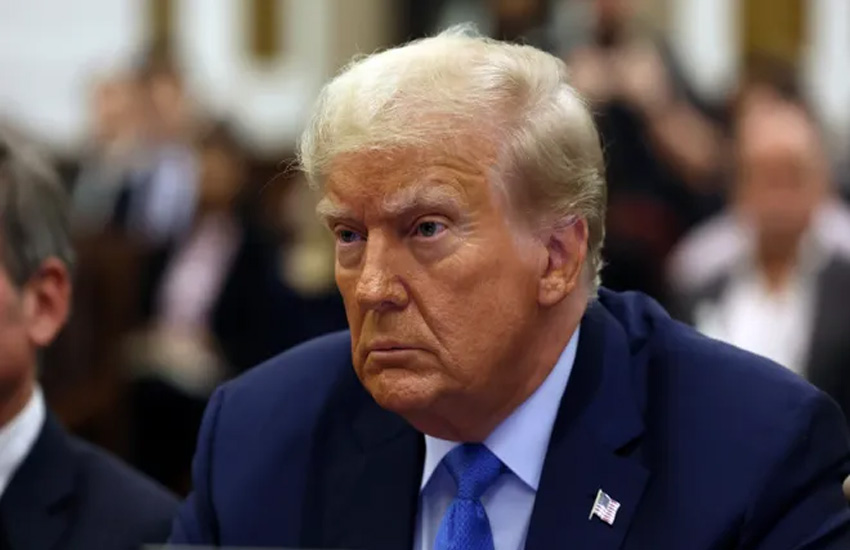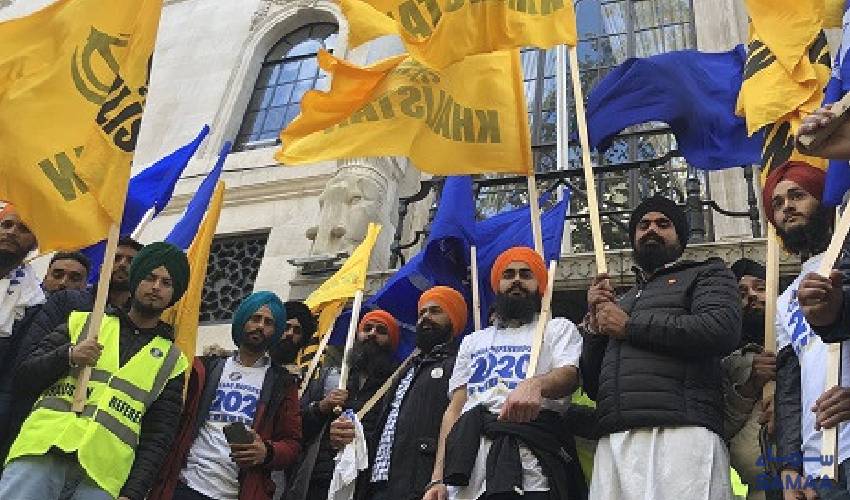In a courtroom showdown on Tuesday, former President Donald Trump's attorney, D John Sauer, boldly declared that sitting presidents are immune to prosecution unless impeached and found guilty, even in cases involving accusations of selling pardons or ordering assassinations.
The assertion came before a three-judge panel of the US Court of Appeals for the District of Columbia Circuit.
Sauer argued that the impeachment and double jeopardy clauses in the US Constitution shield presidents from criminal prosecution, referencing the 2021 acquittal of Trump in the Senate regarding allegations related to the Capitol attack on January 6.
Judge Florence Pan, President Joe Biden's 2022 nominee for the circuit court, wasted no time in challenging Sauer's stance.
She probed him about the potential scenario where a president could theoretically sell pardons or command the US military to assassinate a political rival, all while escaping legal repercussions.
“I understand your position to be that a president is immune from criminal prosecution for any official act that he takes as president even if that action is taken for an unlawful or unconstitutional purpose, is that correct?” Judge Pan questioned.
In response, Sauer maintained that prosecution would only be permitted if the Senate found someone guilty, standing firm on the argument that presidential immunity extends even to actions taken with potentially unlawful or unconstitutional motives.
Legal experts and scholars are closely monitoring this case, as it delves into the boundaries of presidential immunity and the extent to which a sitting president can be held accountable for actions deemed illegal or unconstitutional.
Critics argue that such a broad interpretation of immunity could open the door to potential abuse of power, allowing presidents to act with impunity in certain situations.
Meanwhile, supporters of the claim stress the importance of upholding the constitutional protections afforded to the highest office in the land.



























